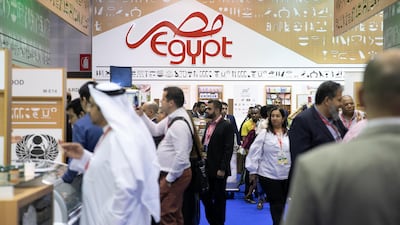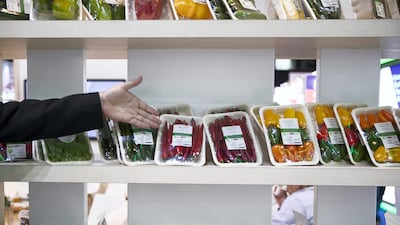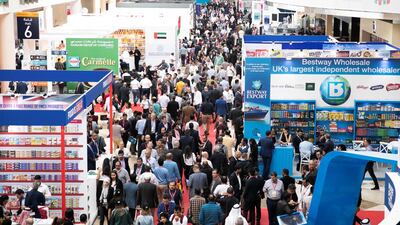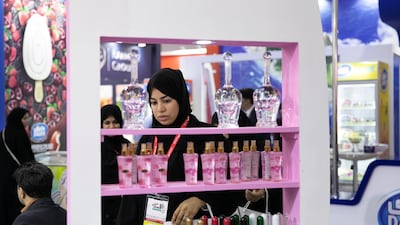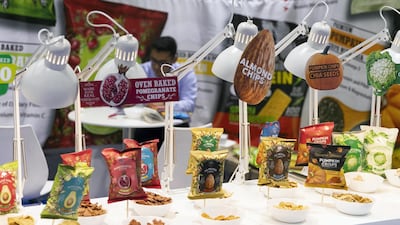EU countries are looking to markets like the UAE and Middle East to reduce their expose to a hard Brexit, a senior Irish food board figure has said.
The prospect of a hard Brexit - in which the UK would give up full access to the single market and the customs union in its exit from the European Union - has led many of the country's trading partners to look elsewhere for opportunities, said Michael Hussey, senior manager with Bord Bia, the food board of Ireland.
“We are seeing a lot more companies interested in this market in particular because they are trying to diversify away from the UK market especially if there’s a hard Brexit,” said Mr Hussey during the Gulfood exhibition in Dubai.
Read More
• While the world focuses on Brexit, they are ignoring the troubles in Europe
• Safe haven assets benefit amid the global uncertainty
• Does the Brexit decision present an unmissable buying opportunity?
“There are 80,000 tonnes of cheddar cheese that goes into the UK from Ireland every year. If there is a hard Brexit there and a tariff is imposed, the prices will be prohibitive.”
Economists have predicted that Ireland could lose up to four per cent of its GDP over five years if a hard Brexit became a reality.
A recent survey of Irish businesses suggested that up to 70 per cent believed that a hard Brexit would have a negative effect on them.
He said that Ireland currently ships 37 per cent of its global food exports to the UK, which meant that a hard Brexit and the import tariffs that would come with that would have serious implications for his home country.
But Mr Hussey said Ireland, which is Europe's 10th largest agri-food exporter, has become less dependent on trade deals with the UK in recent years.
“The possibility of a hard Brexit has really concentrated the minds in Ireland. However, this was a process that had to happen,” said Mr Hussey, who previously had been Bord Bia’s regional manager for the Middle East.
“15 years ago Ireland had 55 per cent of its exports being sent to the UK.
“Now we have managed to get that figure down to 37 per cent.”
He said there had been a host of Irish companies who had expressed interested in doing more business with the UAE.
“The Middle East is a key market for us, especially the UAE and Saudi Arabia,” he said.
“This market imports 90 per cent of its food so it makes it a key market for us.”
It was not just the financial implications of a hard Brexit that has caused concern for Ireland. There have been fears that it could lead to the return of a hard border between the Irish Republic and Northern Ireland, which some believe could lead to the return of the Troubles.
More than 3,500 people were killed in Northern Ireland between the late 1960s and the late 1990s. It was not until the Good Friday Agreement came into effect that the killings largely stopped.
It was enshrined in that agreement, in 1998, that there would be no hard borders between the north and the rest of the island of Ireland.
Singapore was another country that was at Gulfood as an opportunity to target the UAE and GCC markets.
Nael Islam, Enterprise Singapore's regional group director for the Mena region, said that his country’s cosmopolitan population, which was renowned for fusing different kinds of Asian cuisine with other dishes, made it a perfect fit for the multicultural UAE market.



